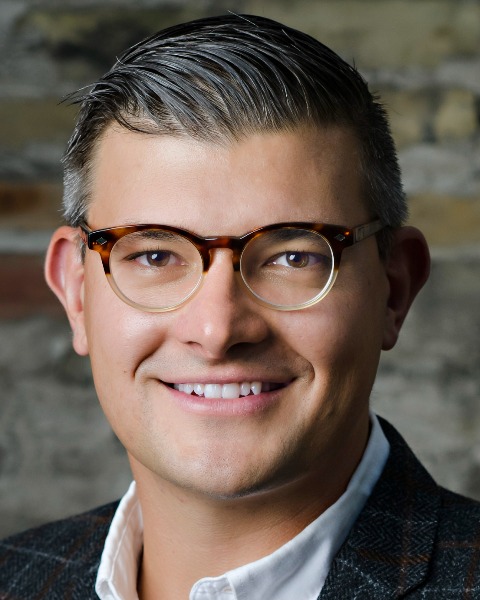(Re)habilitation and Counseling (C)
Amplification and Assistive Devices (AAD)
Practice Management (PM)
LM107 - Improved CounSELLing: The Ethical and Patient Focused Application of Sales Principles to Audiology

Andreas Seelisch (he/him/his)
Director, Audiology
Hearing Solutions
London, Ontario, CanadaDisclosure(s): Hearing Solutions: Employment (Ongoing); St. Lawrence College: Employment (Ongoing)
Lead Presenter(s)
Summary:
Audiologists train as healthcare providers and become well-versed in identifying and managing hearing problems. Despite a broad skill set, business acumen and sales skills are often outside of the curriculum. Yet, clinicians must present information compellingly to motivate patients to act, ultimately allowing them to progress in their hearing healthcare journey. Identification of hearing issues alone is rarely sufficient to mitigate patient risk. Because numerous well-documented risks are associated with hearing loss spanning economic, emotional, behavioural, psychosocial, and cognitive domains, failure to convey our message compellingly so prospective patients choose to manage their hearing can bear serious risk. Furthermore, to effectively treat hearing loss, clinicians must typically sell services and devices to prospective patients to have a significant impact when treatment is indicated.
Clinicians enter a helping profession with limited exposure or interest in sales; the word itself is often considered distasteful. The competing needs of being required to sell but either not wanting to or not believing they need to can lead to various issues, including underperformance, guilt, anxiety and even denial. Complexity such as this can further aggravate the lack of exposure to common sales principles, leaving audiologists unprepared for aspects of their jobs. Even non-dispensing clinicians may be unaware they are engaged in non-sales selling when advocating with agencies, co-workers, parents, and patients alike. It is therefore necessary to appreciate that being a sales professional does not diminish their primary passion as a health care provider, nor does it require them to compromise their values or beliefs. Instead, sales acumen can ensure that audiologists reach their highest potential.
The history of sales in the last century has culminated in consultative selling gaining prominence and respect across industries. As its name suggests, its guiding principles are closely related to the counselling skills clinicians use regularly. Understanding the patient’s situation through relationship building, probing questions, and case history fits with frameworks that have existed in both business-to-business and business-to-consumer fields for decades.
Exposure to various frameworks will provide clinicians with a common language and help them identify different stages in the counselling process. It also provides direction on possible opportunities to develop skills and be more effective without radically changing their style of practice. By exploring several methodologies, they can pick and choose a framework and companion lexicon that resonates with their unique brand and style of practice. Furthermore, the basis of comparison will allow clinicians to draw parallels between different models and further illustrate how to integrate skills into clinical practice. This process will ultimately allow clinicians to differentiate simple transactional sales from complex sales, solidifying their role as trusted advisors. Clinicians will also learn tactics to avoid or apply judiciously.
Ultimately, this process will provide practical guidelines to facilitate immediate application in the clinic. The result will not only create clinicians who are more at ease with the idea of selling but also enjoy higher baseline performance, improved understanding of the patient and their unique situation, a more patient-centred approach, and the opportunity for enhanced patient self-discovery.
Learning Objectives:
- Recognize counselling and history-taking skills that align with sales methodologies.
- Feel comfortable and confident that their sales skills are ethical, patient-centred and intended to improve outcomes.
- Apply a chosen sales framework to clinical audiology cases to effectively counsel and sell products or services.
